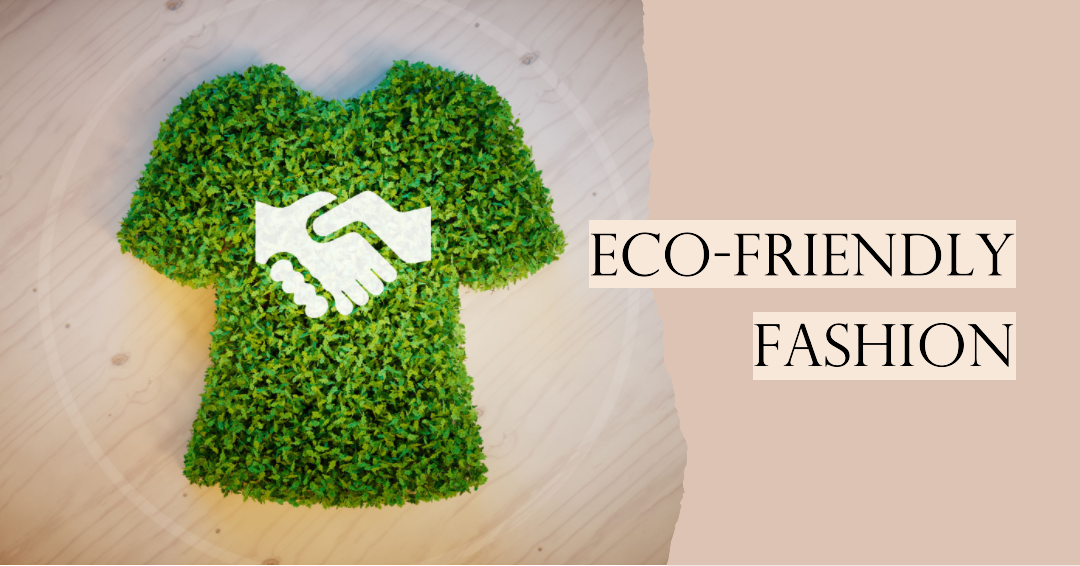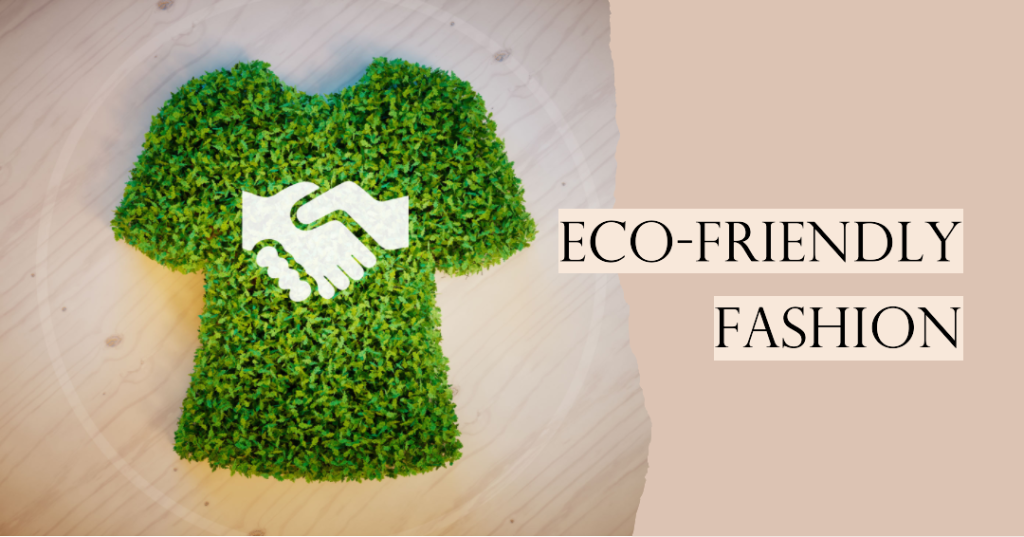As someone who has always had a love for fashion, I have often struggled with the environmental impact and ethical issues associated with the industry. From the excessive use of resources to the mistreatment of workers, the fashion world hasn’t always aligned with my values. However, in recent years, a movement towards sustainable style has been gaining momentum, giving me hope for a more conscious and eco-friendly fashion industry.

It’s no secret that the fashion industry is one of the largest contributors to global pollution. From the production of textiles to the transportation of clothing, each step in the supply chain comes with a hefty environmental price tag. But with the increasing demand for sustainable fashion, designers and brands are starting to rethink their practices and make positive changes.
One of the most exciting developments in the world of sustainable style is the rise of eco-friendly materials. Traditional fabrics like cotton and polyester often require large amounts of water and energy to produce, not to mention the harmful chemicals used in the process. However, innovative alternatives are now being introduced. Materials such as organic cotton, hemp, and bamboo are not only better for the environment, but also offer incredible comfort and durability. Additionally, recycled and upcycled materials are gaining popularity, breathing new life into old fabrics and reducing waste.
Another aspect of sustainable style that is being prioritized is ethical manufacturing practices. Many mainstream fashion brands outsource their production to countries with lax labor regulations, leading to poor working conditions and exploitation of workers. However, there is a growing awareness of the importance of fair trade and ethical sourcing. By supporting brands that prioritize transparency and responsible manufacturing, we can ensure that the clothes we wear are not causing harm to others.
But sustainability goes beyond materials and manufacturing. The concept also embraces the idea of circular fashion, which focuses on creating a closed-loop system in which materials are reused, recycled, or composted, eliminating waste. Clothing rental services, second-hand markets, and clothing swaps have gained popularity, encouraging people to find joy in pre-loved garments and reducing the demand for new items. Repair and restoration services are also becoming more popular, allowing us to extend the lifespan of our favorite pieces and reduce landfill waste.
One area where sustainable style has made a significant impact is in the accessories market. Leather, a popular choice for bags and shoes, is derived from the cruel and environmentally damaging process of animal slaughter. However, vegan leather and other animal-friendly alternatives have made their way into mainstream fashion. From pineapple leather to mushroom leather, these innovative materials offer a cruelty-free and sustainable option without compromising on style.
While the fashion industry still has a long way to go, the rise of sustainable style gives me hope for a brighter future. By making conscious choices, we can support brands that align with our values and push for change within the industry. As consumers, we have the power to demand transparency, fair labor practices, and eco-friendly materials. Whether it’s by opting for thrift shopping, investing in high-quality pieces, or supporting local and ethical brands, every small step can make a difference.
Personally, I have started embracing sustainable style in my own wardrobe. I have reduced my impulse shopping habits and started researching brands before making a purchase. I find joy in thrift shopping, discovering unique pieces and giving them a new life. Additionally, I have been exploring the world of DIY fashion, experimenting with upcycling old clothes and learning basic sewing skills. It’s been a transformative journey, filled with both challenges and rewards.
Sustainable style is not just a passing trend; it’s a necessary shift towards a more conscious and responsible fashion industry. We have the power to shape the future of fashion and make a positive impact on the planet. Let’s celebrate sustainable style, embrace eco-friendly materials, and support brands that prioritize ethics and the environment. Together, we can create a more sustainable and stylish world.

